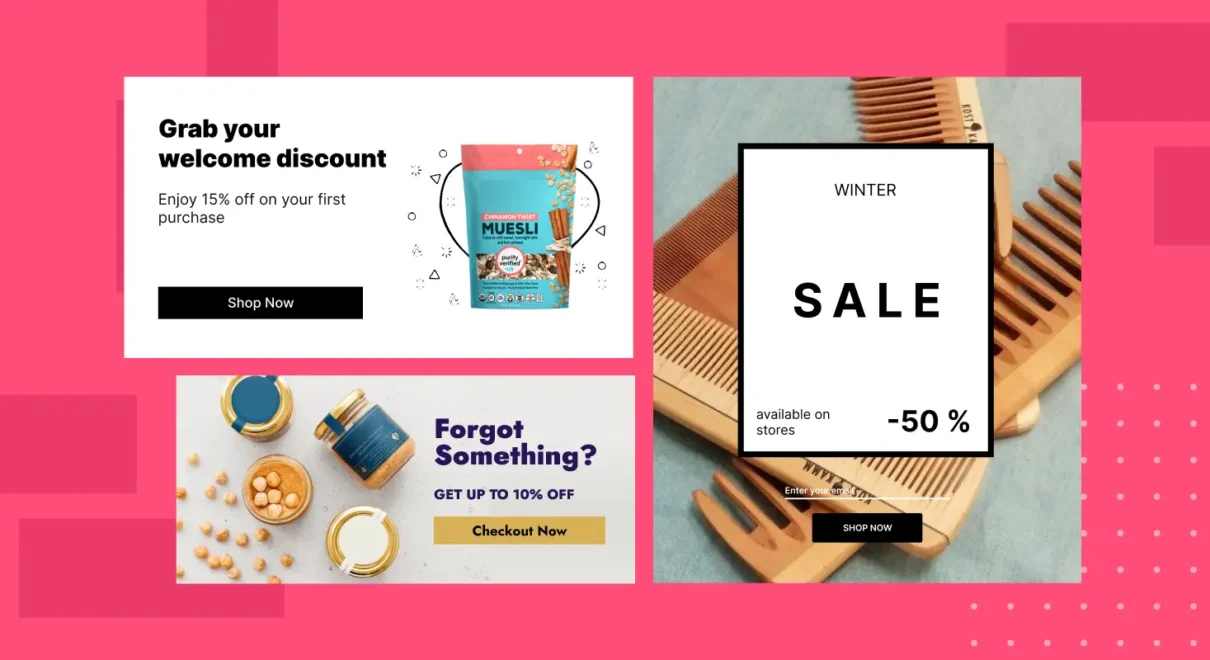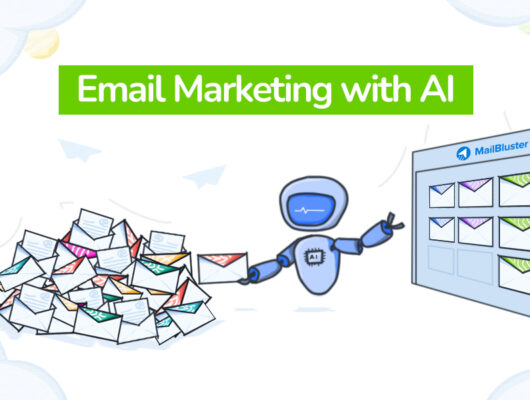In the digital age, personalized email marketing has emerged as a cornerstone of effective e-commerce strategies.
Personalization goes beyond addressing a customer by their first name; it involves tailoring content to meet individual preferences, behaviors, and purchase histories to create more meaningful interactions.
This article explores how e-commerce businesses can leverage personalized email marketing to enhance customer engagement and drive sales.
Why Personalization Matters
Personalization in email marketing is crucial because it makes customers feel recognized and valued on an individual level.
This tailored approach not only improves engagement rates but also boosts customer loyalty and conversion rates.
According to recent studies, emails that are personalized can generate up to six times higher transaction rates than non-personalized emails.
Key Strategies for Personalized Email Marketing
- Segment Your Email List: Divide your email list into smaller segments based on demographic data, purchase history, browsing behavior, or engagement levels. This allows you to send more relevant emails to each group, increasing the likelihood of engagement and conversion.
- Dynamic Content: Use dynamic content in your emails that automatically adjusts based on the data you have about each subscriber. For example, display different products to different users based on their previous interactions with your site.
- Behavioral Triggers: Implement automated emails triggered by specific customer actions. For example, send a personalized email when a customer abandons a shopping cart, views a product but does not purchase, or recently made a purchase.
- Product Recommendations: Utilize data analytics to understand customer preferences and buying habits. Include personalized product recommendations in emails based on past purchases or items they’ve shown interest in.
- Re-engagement Campaigns: Target inactive customers with personalized emails aimed at re-engaging them. This could involve offering special discounts, providing updates on new product lines, or simply asking for feedback on why they haven’t purchased recently.
- Birthday and Anniversary Emails: Send special offers or messages on customer birthdays or the anniversary of their first purchase. These touchpoints can significantly enhance customer relations and encourage loyalty.
- User-Generated Content and Reviews: Share user-generated content and reviews relevant to the customer. Seeing how others are enjoying products or services can motivate purchases and strengthen trust in the brand.
Best Practices for Personalized Email Marketing
To maximize the effectiveness of personalized email marketing, consider the following best practices:
- Maintain Data Accuracy: Keep your customer data up to date to ensure that your personalization efforts are based on reliable information.
- Respect Privacy: Always follow best practices for data privacy and protection. Be transparent about how you collect and use customer data.
- Test and Optimize: Continuously test different personalization strategies to see what works best. Use A/B testing for subject lines, email content, and calls to action to refine your approach.
- Integrate Across Channels: Ensure that your personalization strategy is consistent across all marketing channels, including social media, your website, and mobile apps, to provide a seamless customer experience.
Conclusion
Personalized email marketing offers a powerful way to connect with customers on a deeper level, enhancing the shopping experience and driving e-commerce success.
By implementing targeted, data-driven strategies, businesses can effectively increase engagement, loyalty, and sales.
Remember, the goal of personalization is to deliver the right message to the right person at the right time, creating a truly customized shopping experience.







